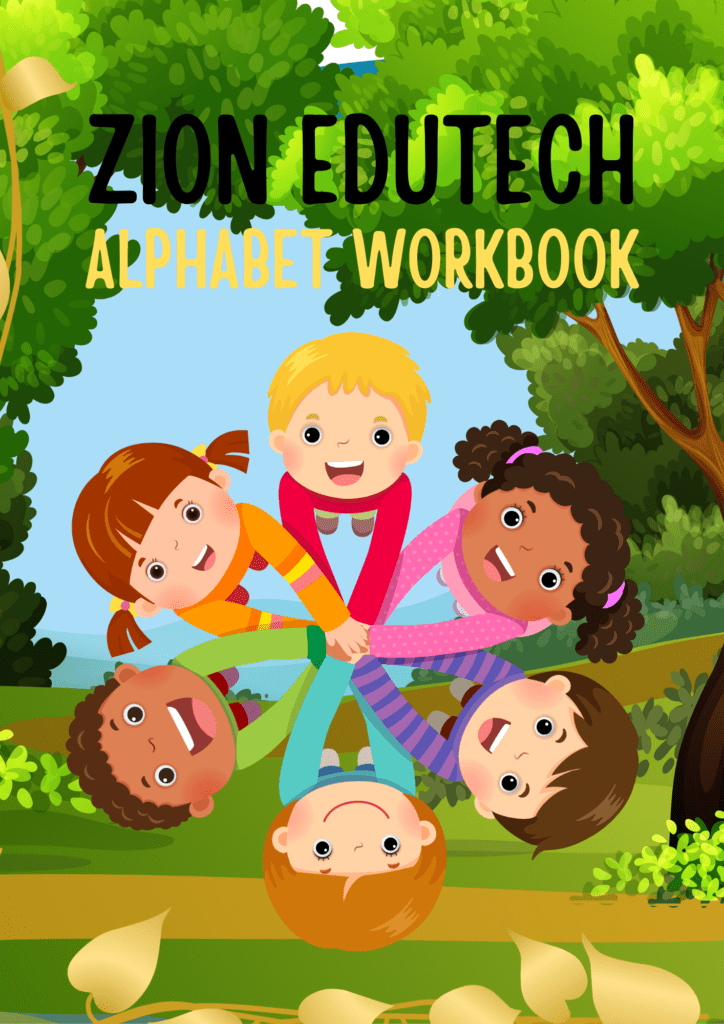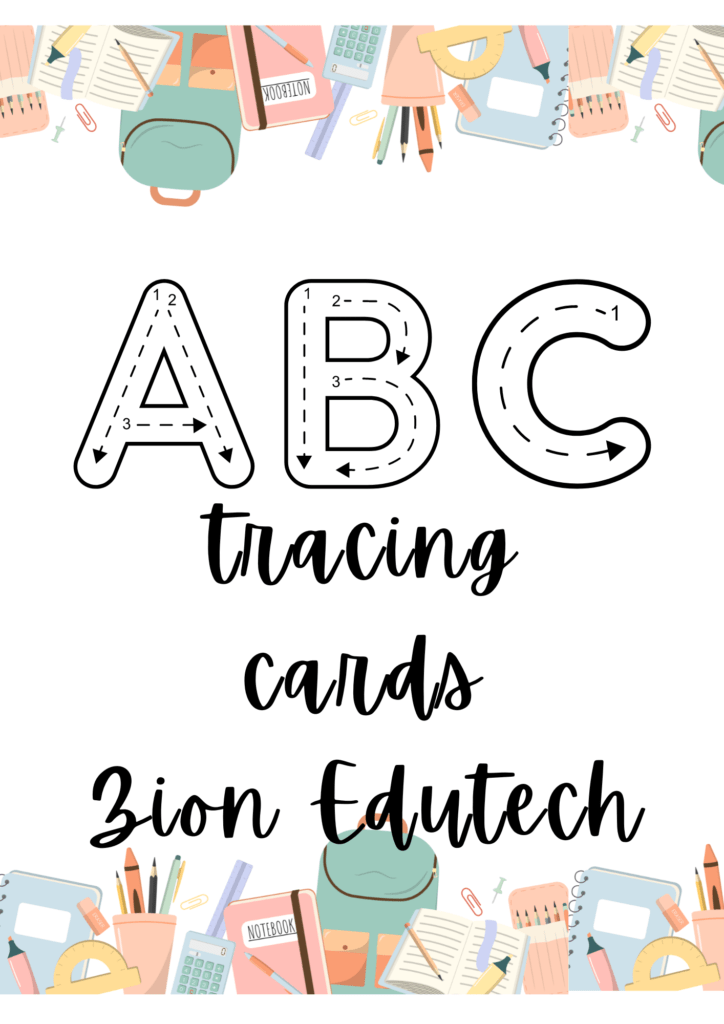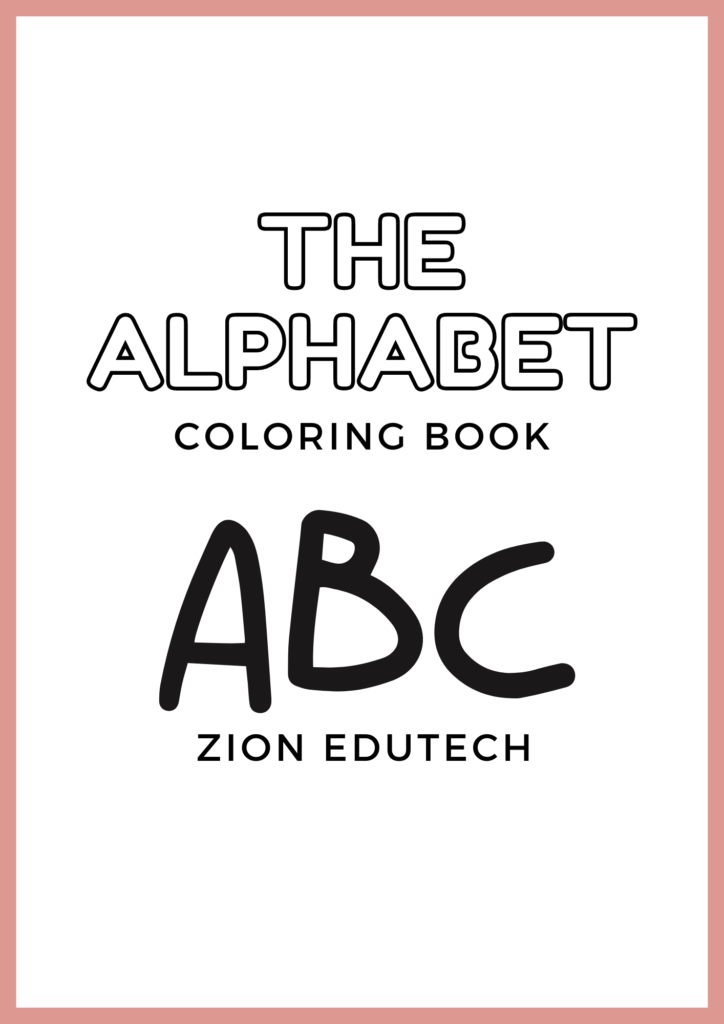Free Printable Alphabet Worksheets: With Free Workbooks[PDF]
Alphabet Worksheets : Building the Foundation for Literacy
Introduction
Alphabet worksheets for Grade 1 are pivotal in laying the groundwork for literacy in young learners. These worksheets are meticulously designed to help children recognize, write, and understand the letters of the alphabet, both uppercase and lowercase. By incorporating a variety of engaging and interactive activities, these worksheets ensure that first graders develop a strong foundation in their early language skills.
You may also like: Free Kindergarten Alphabet Worksheets: A guide for ABC [Free Printables]
You may also like: Free Alphabet Flashcards

Download Free Alphabet Workbook
Objectives of Alphabet Worksheets
The primary objectives of alphabet worksheets for Grade 1 are to:
- Recognize Letters: Help students identify all 26 letters in uppercase and lowercase forms.
- Writing Practice: Develop fine motor skills through tracing and writing exercises.
- Phonetic Awareness: Introduce the sounds associated with each letter.
- Vocabulary Building: Begin associating letters with common words to enhance vocabulary.

Download ABC Tracing Cards
Key Features of Alphabet Worksheets
- Letter Recognition
- Visual Identification: Activities that involve matching uppercase letters to their lowercase counterparts, identifying letters among a group of symbols, and circling or coloring specific letters.
- Alphabet Charts: Reference charts displaying letters with corresponding images (e.g., A for Apple) to reinforce letter recognition through visual aids.
- Writing Practice
- Tracing Letters: Worksheets with dotted lines for students to trace both uppercase and lowercase letters. This practice helps in developing muscle memory and hand-eye coordination.
- Freehand Writing: Spaces provided for students to write letters independently after tracing, reinforcing their learning and improving handwriting skills.

Download The Alphabet Coloring Book
- Phonetic Awareness
- Sound Association: Worksheets featuring each letter with a corresponding picture and word (e.g., B for Ball). Activities include identifying the initial sound of words and matching letters to pictures based on their starting sounds.
- Phonics Games: Fun exercises like connecting dots to form letters or matching sounds to letters, which enhance phonetic understanding in an engaging way.
- Vocabulary Building
- Letter Words: Worksheets that introduce simple words starting with each letter, enhancing students’ vocabulary and helping them make connections between letters and words.
- Word Puzzles: Activities such as crosswords or word searches centered around alphabet letters and words, promoting both letter recognition and vocabulary skills.
Benefits of Alphabet Worksheets
- Engagement and Interest Alphabet worksheets are designed to be colorful and visually appealing, capturing the interest of first graders. Activities often include fun elements like coloring, drawing, and matching games, which keep young learners engaged and motivated.
- Sequential Learning These worksheets follow a structured approach, starting with simple recognition and tracing tasks and gradually progressing to more complex writing and phonetic exercises. This sequential learning ensures that students build their skills step-by-step.
- Development of Fine Motor Skills Writing exercises, especially tracing and freehand writing, significantly contribute to the development of fine motor skills. These activities help children improve their hand-eye coordination and control over writing instruments.
- Reinforcement of Classroom Learning Alphabet worksheets serve as a valuable supplement to classroom instruction. They provide additional practice for students, reinforcing the concepts taught by teachers and helping solidify their understanding.
- Individualized Learning Pace The worksheets allow students to learn at their own pace. Teachers and parents can use them to identify areas where a child might need more practice, providing targeted support to ensure no student falls behind.
Conclusion
Alphabet worksheets for Grade 1 are essential educational tools that play a crucial role in early literacy development. By focusing on letter recognition, writing practice, phonetic awareness, and vocabulary building, these worksheets provide a comprehensive approach to learning the alphabet. They not only make learning fun and engaging for young students but also ensure a strong foundation for their future reading and writing skills. As children progress through these activities, they gain confidence in their abilities, setting the stage for continued academic success in language arts.